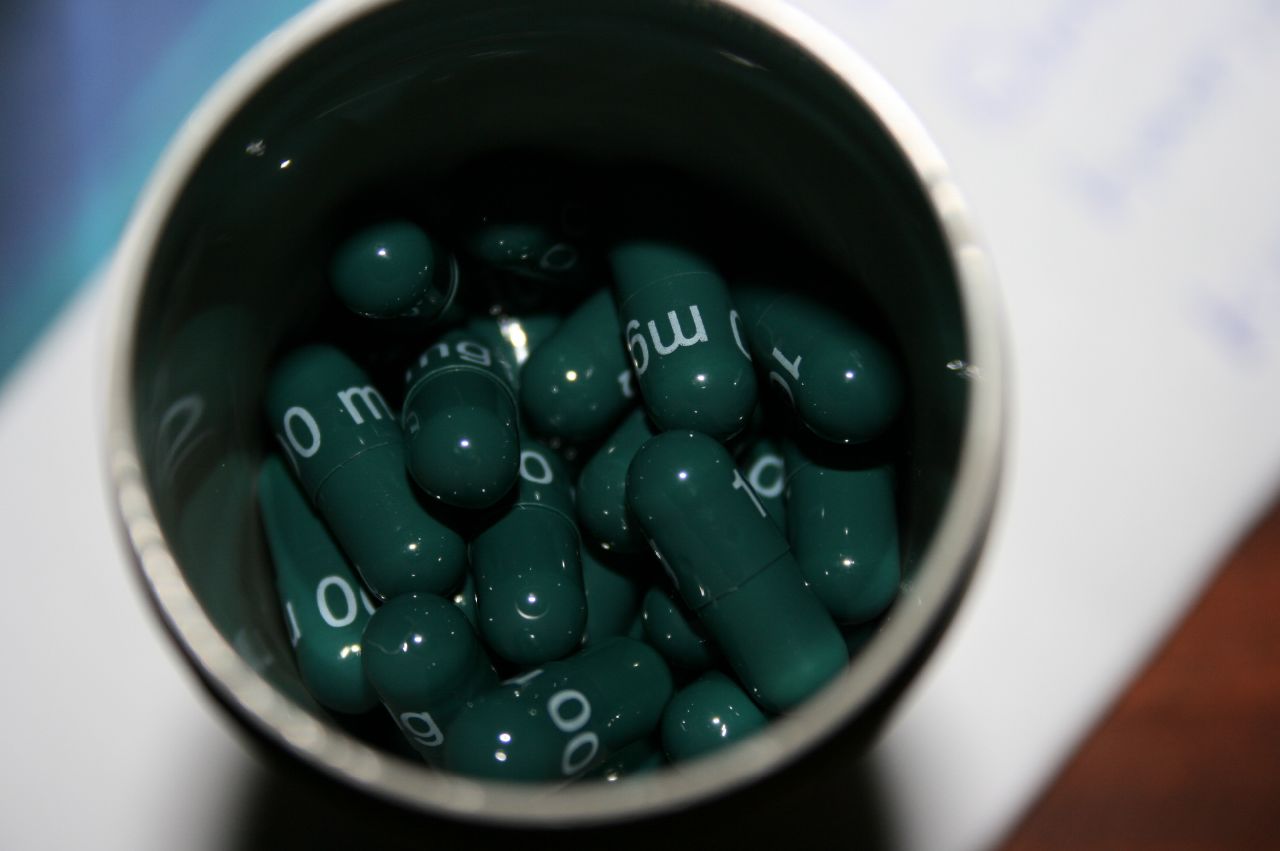Thousands of men in British Columbia are already taking pre-exposure prophylaxis medication (better known as PrEP) to reduce the risk of getting HIV. Now, two researchers in Vancouver are trying something new: PrEP for syphilis.
Dr Troy Grennan of the BC Centre for Disease Control and Dr Mark Hull of the BC Centre for Excellence in HIV/AIDS are running a new study to explore the viability and safety of regularly taking an antibiotic that treats syphilis to prevent the infection.
In the study, men are taking medication to prevent HIV, as well as a separate regular dose of doxycycline, which is used to treat syphilis.
The rate of new syphilis infections among gay and bisexual men in BC is troublingly high: men who have sex with men (MSM) accounted for almost all of the new cases of syphilis reported in 2016, according to the BC Centre for Disease Control.
The drug emtricitabine/tenofovir, which is sold under the drug name Truvada, is used to prevent and treat HIV. However, Truvada has become synonymous with “PrEP,” but the acronym actually refers to any medication used to prevent infection before exposure.
PrEP for syphilis, Grennan and Hull say, could work much like Truvada by giving patients a small ongoing dose of doxycycline to prevent syphilis infection from occurring.
This isn’t a totally new idea: in a study in France men taking PrEP for HIV also took doxycycline after they had sex. New cases of syphilis and gonorrhea both dropped 70 percent.
But Grennan and Hull believe their project is the first to try giving patients PrEP for syphilis and HIV at the same time.
Hull and Grennan stress that their experiment is just the first step in investigating whether PrEP for syphilis is a good idea, and that as a public health measure it’s far from ready.
“We’re not even at the point of asking if this will work. That’s a question for later,” Grennan says. “What we’re doing is really exploring early on to see if it’s an OK idea.”
The initial study will focus on whether patients are willing to take the medication, and what side effects it might create. If the first study is successful, a second, larger study will look at whether PrEP for syphilis will actually stop new infections.
Part of the cautious approach stems from a concern that Grennan and Hull say they have heard from both scientific colleagues and the general public when they talk about syphilis prophylaxis: antibiotic resistance.
The concern is that by taking antibiotics consistently in the long term, men taking PrEP for syphilis might develop an antibiotic-resistant syphilis and other infections. Antibiotics are an indispensable medical resource, but if overused can become ineffective.
Grennan and Hull agree that’s a valid concern, but say there is not much evidence yet that long-term doxycycline use is linked to antibiotic resistance. Doxycycline is also already used for six months at a time to treat acne, they say, so there’s no reason to think PrEP for syphilis could not be used in the same way.
A 2017 editorial in The Lancet medical journal argues that the use of doxycycline for syphilis prophylaxis is premature and might cause problems, but calls on scientists to study the question in more detail.
That, say Grennan and Hull, is where they come in: tracking antibiotic resistance will also be a key focus of their initial study.
Despite the risks, the researchers say investigating PrEP for syphilis is worthwhile because of an unsettling resurgence in syphilis and other STIs, especially among gay and bisexual men. Rates of syphilis in BC increased five fold between 2010 and 2016, according to the BC Centre for Disease Control. Nearly all of that growth has been among men who have sex with men. Over half of new infections in the province were found in Vancouver.
Grennan and Hull say it’s not clear why syphilis is making a resurgence now. Some have rushed to blame the rise in infections on people taking PrEP for HIV and ditching condoms, but Hull points out that syphilis began to rise in BC long before PrEP for HIV was in common use.
Part of the rise in diagnoses, they say, may be simply due to better testing. But much remains a mystery. Studies have shown that men who take PrEP for HIV have higher rates of other STI diagnoses, but this may be because men who are at higher risk are more likely to seek out PrEP, and also because men on PrEP are likely to be tested more frequently.
Whether or not PrEP for syphilis is the right tool to tackle the problem, Hull says the risks should be studied because gay and bisexual men are already starting to use doxycycline on their own.
“People are doing it, for sure,” he says. “I know I’ve had PrEP patients who were doing doxycycline way before we ever talked about it. Gay men are very health literate, and they’re early adopters of interventions.”
It’s better to understand the risks and rewards of PrEP for syphilis fully, Hull and Grennan say, than to let people experiment on their own without good information.
“If you were to ask us if we should be giving this to people right now, we’d say no,” Grennan says. “And if ultimately it pans out that it’s safe, tolerable, it doesn’t lead to any concerns around resistance, we still think it’s something that should be used judiciously, in a time-limited manner for those most at risk.”
Grennan and Hull say they will continue to recruit subjects for the study until May 2019.


 Why you can trust Xtra
Why you can trust Xtra


